

2019-05-23 10:33:00 Thu ET
treasury deficit debt employment inflation interest rate macrofinance fiscal stimulus economic growth fiscal budget public finance treasury bond treasury yield sovereign debt sovereign wealth fund tax cuts government expenditures
Berkeley professor and economist Barry Eichengreen reconciles the nominal and real interest rates to argue in favor of greater fiscal deficits. French economist and author Thomas Piketty advocates that there is an innate tendency toward wealth concentration in most market economies where the nominal interest rate on capital investments well exceeds the economic growth rate. Former IMF chief economist Olivier Blanchard argues that the real interest rate on risk-free government bonds must be lower than the economic growth rate for most market economies to carry greater government debt with low inflation. Blanchard focuses on the real interest rate on low-risk government bonds, whereas, Piketty focuses on the nominal return on risky capital investments.
These interest rates diverge by a 5%-6% equity risk premium, which reflects how risk-averse the typical stock market investor is through the real business cycle. For Piketty, high wealth concentration can result from a large equity risk premium that calls for higher taxes on the rich. For Blanchard, the government can accumulate higher public debt as core CPI inflation remains moderate over time. On balance, Eichengreen supports greater fiscal deficit finance for health care, infrastructure, R&D, and social security as prices and asset premiums stabilize in recent times.
If any of our AYA Analytica financial health memos (FHM), blog posts, ebooks, newsletters, and notifications etc, or any other form of online content curation, involves potential copyright concerns, please feel free to contact us at service@ayafintech.network so that we can remove relevant content in response to any such request within a reasonable time frame.
2024-04-30 09:30:00 Tuesday ET
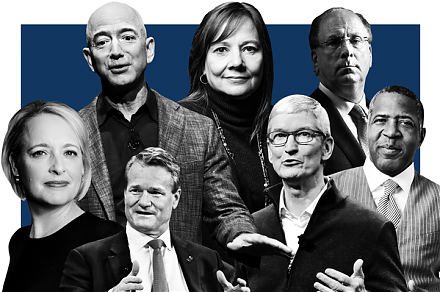
With clean and green energy resources and electric vehicles, the global auto industry now navigates at a newer and faster pace. Both BYD and Tesla have
2023-08-28 08:26:00 Monday ET
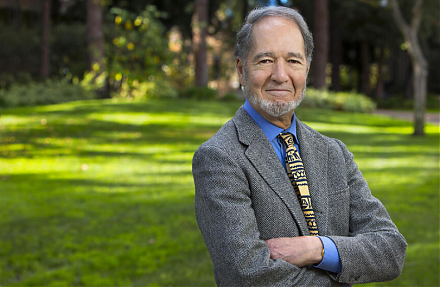
Jared Diamond delves into how some societies fail, succeed, and revive in global human history. Jared Diamond (2004) Collapse: how societies
2018-01-13 08:39:00 Saturday ET

The Economist digs deep into the political economy of U.S. government shutdown over 3 days in January 2018. In more than 4 years since 2014, U.S. government
2017-11-24 08:41:00 Friday ET
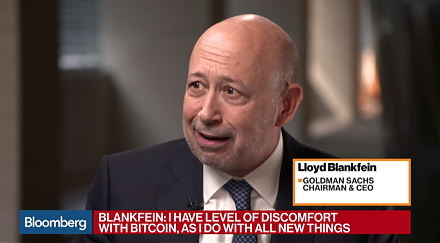
Is Bitcoin a legitimate (crypto)currency or a new bubble waiting to implode? As its prices skyrocket, bankers, pundits, and investors increasingly take side
2019-12-10 09:30:00 Tuesday ET
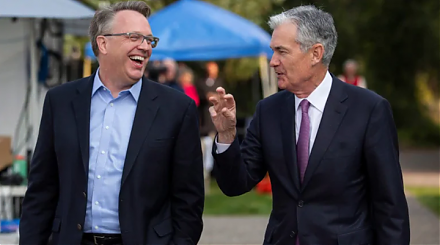
Federal Reserve institutes the third interest rate cut with a rare pause signal. The Federal Open Market Committee (FOMC) reduces the benchmark interest rat
2019-12-19 14:43:00 Thursday ET
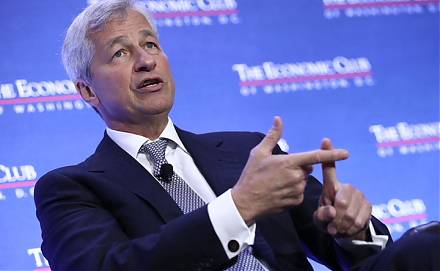
JPMorgan Chase CEO Jamie Dimon views wealth inequality as a major economic problem in America. Dimon now warns that the rich Americans have been getting wea